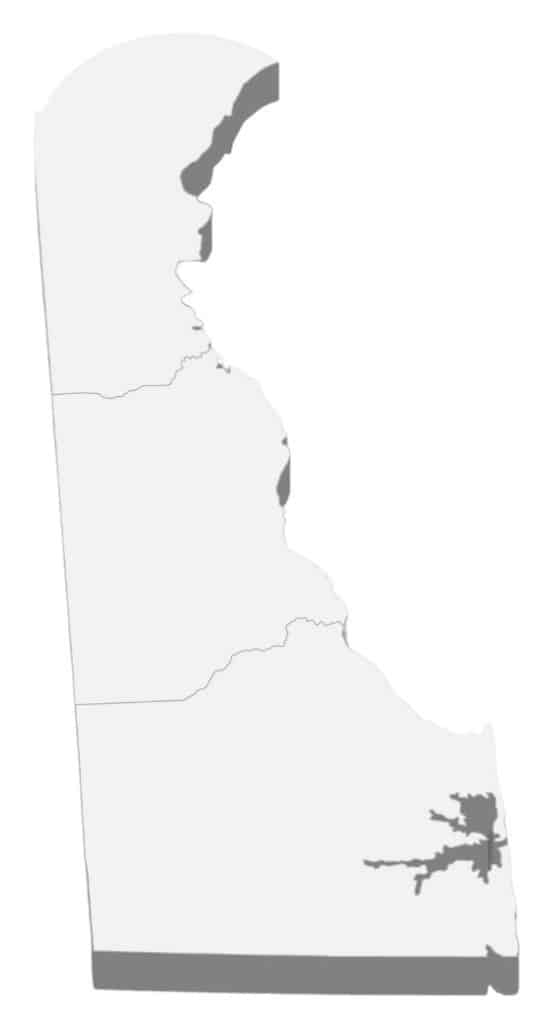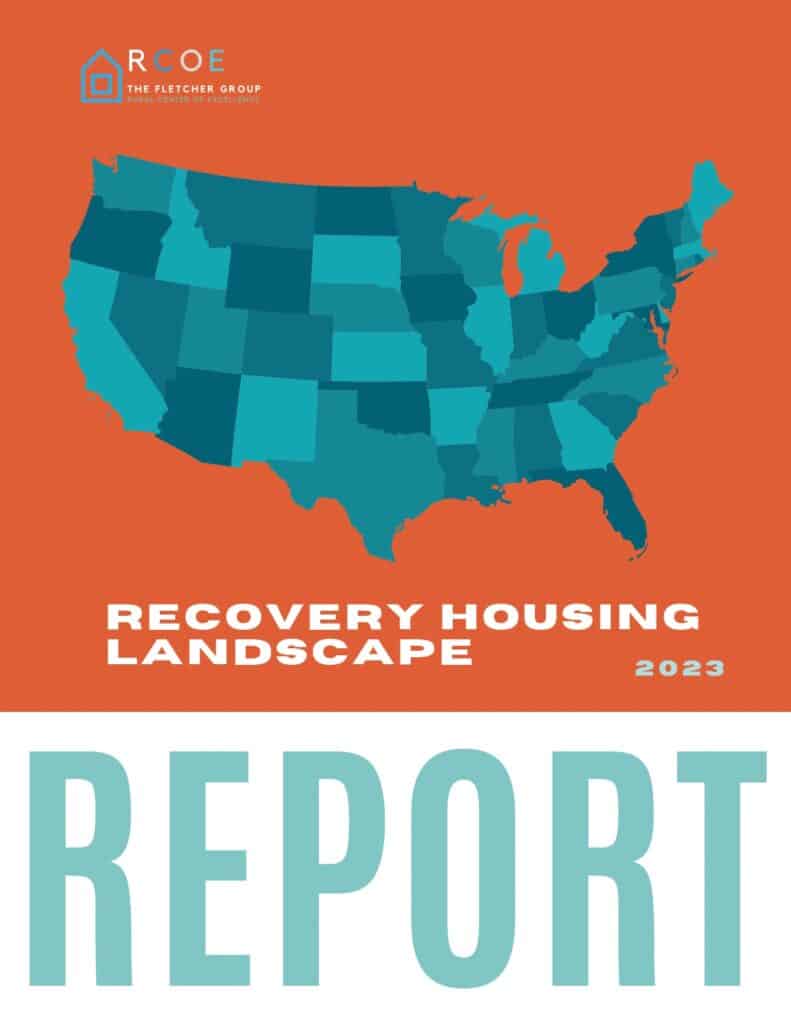
Delaware State Laws, Policies and Funding
RH terminology used by the Delaware Department of Health and Social Services (DHSS), Delaware Division of Substance Abuse and Mental Health (DSAMH) “Recovery Housing refers to safe, healthy, and substance-free living environment that support individuals in recovery from addiction. While recovery residences vary widely in structure, all are centered on peer support and a connection to services that promote long-term recovery. Recovery housing benefits individuals in recovery by reinforcing a substance-free lifestyle and providing direct connections to other peers in recovery and recovery services and supports. Many residents live in recovery housing during and/or after outpatient addiction treatment. Length of stay is self-determined and can last for several months to years.”
https://dhss.delaware.gov/dsamh/dtrn/definitions.html
Sober Living Residences – “DSAMH currently funds 120 Sober Living beds throughout the State of Delaware, and 20 beds specifically designed for women and their dependent children. These programs meet National Association of Recovery Residences (NARR) standards. Core services for include safe, sober, and drug free residences, 24-hour staffing, intake and assessment, orientation, coordinating behavioral health and medical health care, education, pre- vocational and vocational training, employment, recreation, self- help meeting, continuing care, housing, financial management, nutrition, urinalysis, and conflict resolution.”
Accreditation, Certification, and State Licensing Requirement: No state requirement.
RH Law(s): None/unknown
RH Legislation: HB421 (2022) An act to amend Title 16 of the Delaware Code Relating to Licensing and Accrediting of Recovery Houses.
https://legis.delaware.gov/BillDetail/109517
Regulations: None/unknown
SABG Program: The “Planned Priority Areas” documents for your state’s Substance Abuse Prevention and Treatment Block Grant (SABG) program and Community Mental Health Services Block Grant (MHBG) program do not specifically mention recovery housing as a priority, nor do they list recovery support services as an allowable activity. To learn more about specific recovery housing activities that are eligible for funding through these grant programs, please reach out to your state’s Single State Agency (SSA) that’s responsible for administering these funds by visiting https://dhss.delaware.gov/dhss/dph/index.html
SOR Program: Your state’s Department of Health and Social Services (DHSS) has previously funded recovery activities using State Opioid Response (SOR) funds. To learn more about specific recovery housing activities that are eligible for funding through this grant program, please reach out to your state’s Single State Agency (SSA) that’s responsible for administering these funds by visiting https://dhss.delaware.gov/dhss/dph/index.html
According to WebBGAS, this state has indicated that it has established a revolving loan fund using SABG funds to develop RH for individuals in recovery.
Medicaid Funding: Nothing in the state Medicaid plan suggests direct support for RH, however, certain covered activities could evolve to be provided in RH settings. Examples of activities could include counseling, peer support, case management, and supported employment.
NARR Affiliate Status: NARR status under development.
Housing Assistance Funding: http://www.destatehousing.com/
Directory/Registry: Programs Licensed and/or Certified by DSAMH https://dhss.delaware.gov/dhss/dsamh/files/LicensureandMedicaidCertificationProviderDirectory06042020.pdf
Delaware Funders
There is no information available for funders of rural recovery efforts in Delaware because it has no counties officially designed as “rural” by the U.S. Health Resources and Services Administration (HRSA).
Delaware Opioid Settlement Funds
Total Settlement Funds in Delaware
- $100 million
Fund Distribution
- 100% of funds allocated to the Prescription Opioid Settlement Fund
Timeline
- Funds from three distributors will be paid over 18 years
- Funds from Johnson & Johnson will be paid over 9 years
- $20 million expected in 2022
Application Process
- Not established
Key Contacts
- Office of the Attorney General Kathy Jennings
- Attorney.general@delaware.gov
Key Links
- ROADS MAP Agreement
- Department of Justice Press Release
How About Your County?
To get a quick overview of the resources available in your county, including gaps that may need to be addressed, visit the Recovery Ecosystem Index Map developed through a partnership between the Fletcher Group Rural Center of Excellence, the NORC Walsh Center at the University of Chicago, and East Tennessee State University.
Need More Info?

A year in the making by a staff of ten, the Fletcher Group’s 82-page Recovery Housing Landscape Report provides an in-depth overview of the most recent laws, policies, and funding affecting recovery housing. You’ll find sections devoted to state laws, SAMHSA funding, Medicaid, corrections, and housing assistance plus numerous links to valuable resources and official documents. To see the complete downloadable report, click the image to the left.
This web page is supported by the Health Resources and Services Administration (HRSA) of the U.S. Department of Health and Human Services (HHS) as part of an award totaling $13.7 million with 0% financed with non-governmental sources.
The contents are those of the author(s) and do not necessarily represent the official views of, nor an endorsement, by HRSA, HHS, or the U.S. Government.